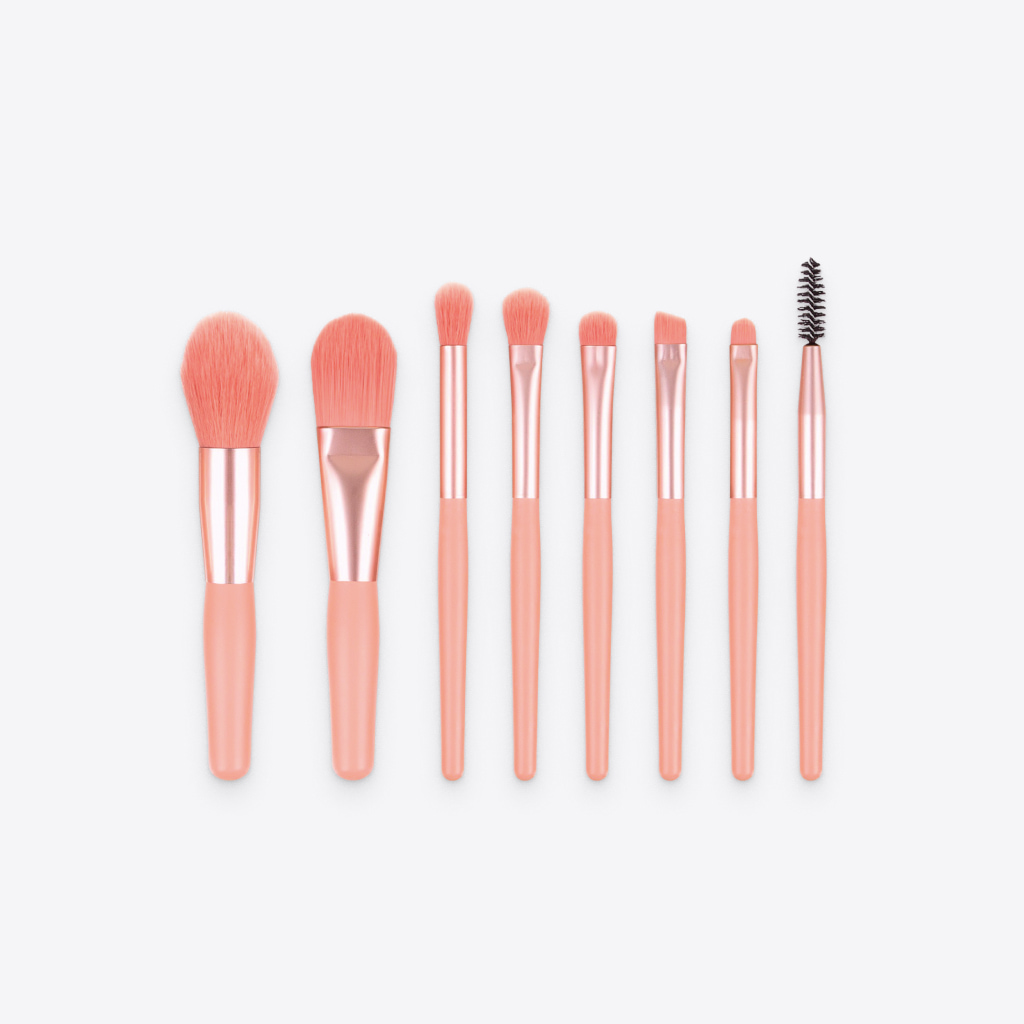The concept of ‘beauty sleep’ is not just a myth; it’s a scientifically backed reality that emphasizes the profound impact of quality sleep on skin health. This article delves into the multifaceted relationship between sleep and skin, exploring the biological processes that rejuvenate skin overnight, the visible signs of sleep deprivation, and practical advice for enhancing sleep quality to promote a healthier, more radiant complexion.
Key Takeaways
- Understanding the sleep cycle is crucial for recognizing how it influences skin health, particularly through cell regeneration.
- Lack of sleep can lead to visible skin issues such as dark circles, increased breakouts, and a dull complexion.
- Creating an optimal sleeping environment, including the right temperature and bedding, can significantly improve skin health.
- Nutrition plays a critical role in skin health by promoting better sleep quality and providing essential nutrients for skin repair.
- Adopting a consistent sleep routine and managing stress through relaxation techniques can enhance skin’s natural aging process and overall appearance.
The Science Behind Beauty Sleep
Understanding the Sleep Cycle
Sleep is not just a period of rest, but a complex, dynamic process that affects our overall health, including our skin. The sleep cycle consists of several stages, including REM and non-REM sleep, each playing a crucial role in skin rejuvenation and repair.
Impact of Sleep on Skin Cell Regeneration
During sleep, the body boosts blood flow to the skin, which aids in the regeneration of skin cells. This increased blood flow helps in delivering essential nutrients that support skin health, making sleep a critical factor for a radiant complexion.
Hormones and Skin Health
Sleep significantly influences the balance of hormones in the body, which can directly impact skin health. Poor sleep can lead to increased levels of stress hormones like cortisol, which may exacerbate skin conditions such as acne or eczema.
Identifying the Signs of Sleep-Deprived Skin
Dark Circles and Bags
One of the most visible indicators of insufficient sleep are dark circles and bags under the eyes. These can be exacerbated by poor hydration and genetics but are primarily tied to lack of quality sleep.
Dull Complexion and Uneven Skin Tone
A night of inadequate sleep can leave the skin looking dull and lifeless. This is due to a reduction in blood flow to the skin during sleep, which is crucial for maintaining a vibrant, even skin tone.
Increased Breakouts and Skin Sensitivity
Sleep deprivation can often lead to a reduction in collagen production and, as a result, very poor skin elasticity. This not only increases the likelihood of breakouts but also enhances skin sensitivity, making it more reactive to environmental stressors.
Optimal Sleep Conditions for Skin Health
The Ideal Sleep Environment
Creating the perfect sleep environment is crucial for both quality sleep and skin health. Ensure your bedroom is quiet, dark, and cool. Consider using blackout curtains, eye masks, and white noise machines to block out disturbances.
Temperature and Humidity Factors
Maintaining the right temperature and humidity in your bedroom can significantly affect your sleep quality and skin health. Aim for a temperature between 60-67°F and a humidity level of 40-60%. This balance helps keep your skin hydrated and prevents dryness or irritation.
Choosing the Right Bedding
Selecting the right bedding is essential for a good night’s sleep, which in turn supports healthy skin. Opt for breathable materials like cotton or bamboo, which help regulate body temperature and reduce the risk of skin irritation. Additionally, consider hypoallergenic pillows and sheets to minimize allergens that can disrupt sleep and aggravate skin conditions.
Nutrition and Sleep: Partners in Skin Care
Foods That Promote Sleep and Skin Health
A balanced diet rich in omega-3 fatty acids, antioxidants, and lean proteins can significantly enhance both sleep quality and skin health. Foods like salmon, walnuts, and blueberries are not only delicious but also fuel your body for better sleep and vibrant skin.
Hydration and Its Effects on Sleep Quality
Proper hydration is crucial for maintaining the skin’s elasticity and overall health. Drinking enough water throughout the day can lead to deeper, more restorative sleep. Aim for at least 8 glasses of water daily to see noticeable improvements in sleep and skin texture.
Vitamins and Minerals Essential for Skin and Sleep
Adequate intake of specific vitamins and minerals is vital for skin health and sleep. Here’s a quick guide:
| Vitamin/Mineral | Benefits for Skin and Sleep |
| Vitamin C | Enhances skin brightness and supports immune function |
| Zinc | Aids in sleep regulation and skin repair |
| Magnesium | Promotes relaxation and skin hydration |
Incorporating these nutrients into your diet can help maintain a healthy sleep cycle and radiant skin.
The Role of Sleep in Anti-Aging
Collagen Production During Sleep
During sleep, your body boosts the production of collagen, which is essential for maintaining skin elasticity and preventing wrinkles. This increase in collagen production helps to slow down the aging process and promotes a more youthful appearance.
Reduction of Stress Hormones
Sleep plays a crucial role in reducing the levels of stress hormones in the body. Lower levels of cortisol, the stress hormone, during sleep help prevent the breakdown of collagen and elastin, which are vital for a firm and youthful skin.
Enhancing Skin’s Natural Repair Processes
At night, the skin’s repair mechanisms work overtime. This is the time when the skin cells undergo the most regeneration and repair, which is critical for reversing the signs of aging. By ensuring adequate sleep, you’re supporting these natural processes, leading to healthier and more resilient skin.
Practical Tips for Improving Sleep Quality
Establishing a Consistent Sleep Schedule
Consistency is key when it comes to sleep schedules. Going to bed and waking up at the same time every day, even on weekends, helps regulate your body’s internal clock and can significantly improve your overall sleep quality.
Relaxation Techniques Before Bed
Incorporating relaxation techniques into your bedtime routine can greatly enhance your ability to fall asleep. Techniques such as deep breathing, meditation, or reading can help calm your mind and prepare your body for sleep.
The Impact of Electronic Devices on Sleep
The blue light emitted by screens can interfere with your natural sleep cycle. It’s advisable to turn off electronic devices at least an hour before bedtime to help your body prepare for sleep.
The Psychological Effects of Sleep on Skin Appearance
Stress, Anxiety, and Skin Conditions
Poor sleep can elevate levels of stress hormones, which may exacerbate skin conditions such as acne, eczema, and psoriasis. Managing stress and improving sleep quality can significantly reduce these symptoms.
Sleep and Self-Perception
The quality of sleep not only affects how you feel but also how you perceive yourself. A good night’s sleep can enhance your self-esteem and overall body image.
Mental Health and Its Reflection on Skin
Mental health and sleep are deeply interconnected, influencing skin health. Chronic sleep deprivation can lead to mood disorders, reflecting negatively on skin appearance through various stress-related conditions.
Conclusion
In conclusion, the concept of beauty sleep is not just a myth; it is a vital aspect of maintaining and enhancing skin health. Quality sleep allows the body to repair itself, regenerate skin cells, and balance hormones, all of which contribute to a healthier, more radiant complexion. By prioritizing good sleep hygiene, such as maintaining a consistent sleep schedule and creating a restful environment, you can harness the transformative power of sleep to improve your skin’s appearance and overall well-being. Remember, investing in quality sleep is investing in your skin’s future.
Frequently Asked Questions
How does sleep affect my skin’s health?
Quality sleep promotes skin cell regeneration, balances hormones, and enhances the skin’s natural repair processes, leading to healthier and more vibrant skin.
What are the signs of sleep-deprived skin?
Signs include dark circles and bags under the eyes, a dull complexion with uneven skin tone, and an increase in breakouts and skin sensitivity.
What are the best conditions for sleep to benefit skin health?
An ideal sleep environment is cool, dark, and quiet. Proper bedding and maintaining optimal humidity and temperature also contribute to better sleep quality and skin health.
How does nutrition affect sleep and skin health?
Eating foods rich in vitamins, minerals, and hydration supports sleep quality and skin health. Foods like fish, nuts, and leafy greens are beneficial, as well as staying hydrated.
What role does sleep play in anti-aging?
Sleep boosts collagen production, reduces stress hormones, and helps the skin’s natural repair processes, which are crucial for maintaining youthful skin.
What are some tips for improving sleep quality?
Establish a consistent sleep schedule, use relaxation techniques before bed, and minimize exposure to electronic devices in the evening to enhance sleep quality.


















Leave a comment